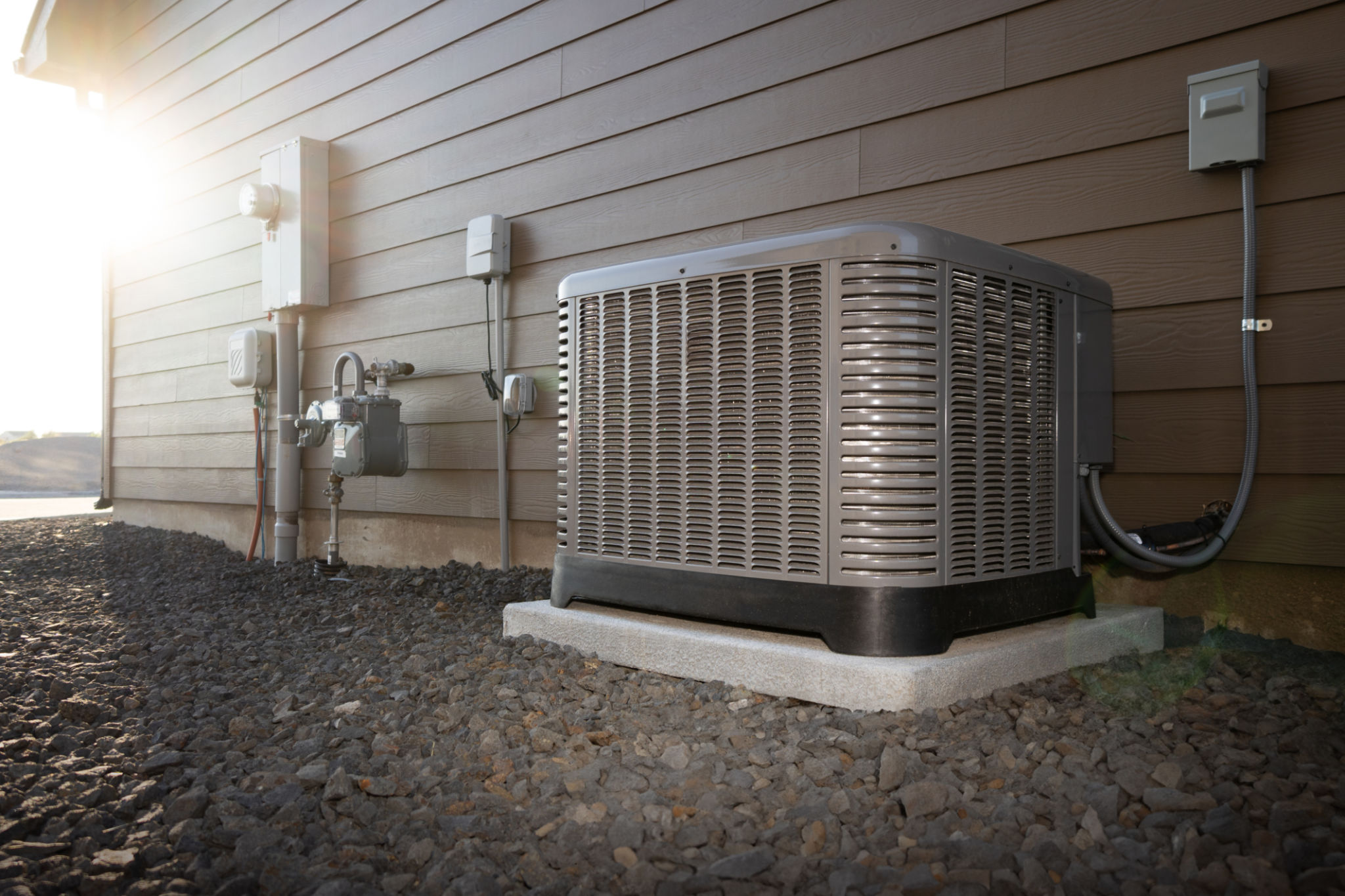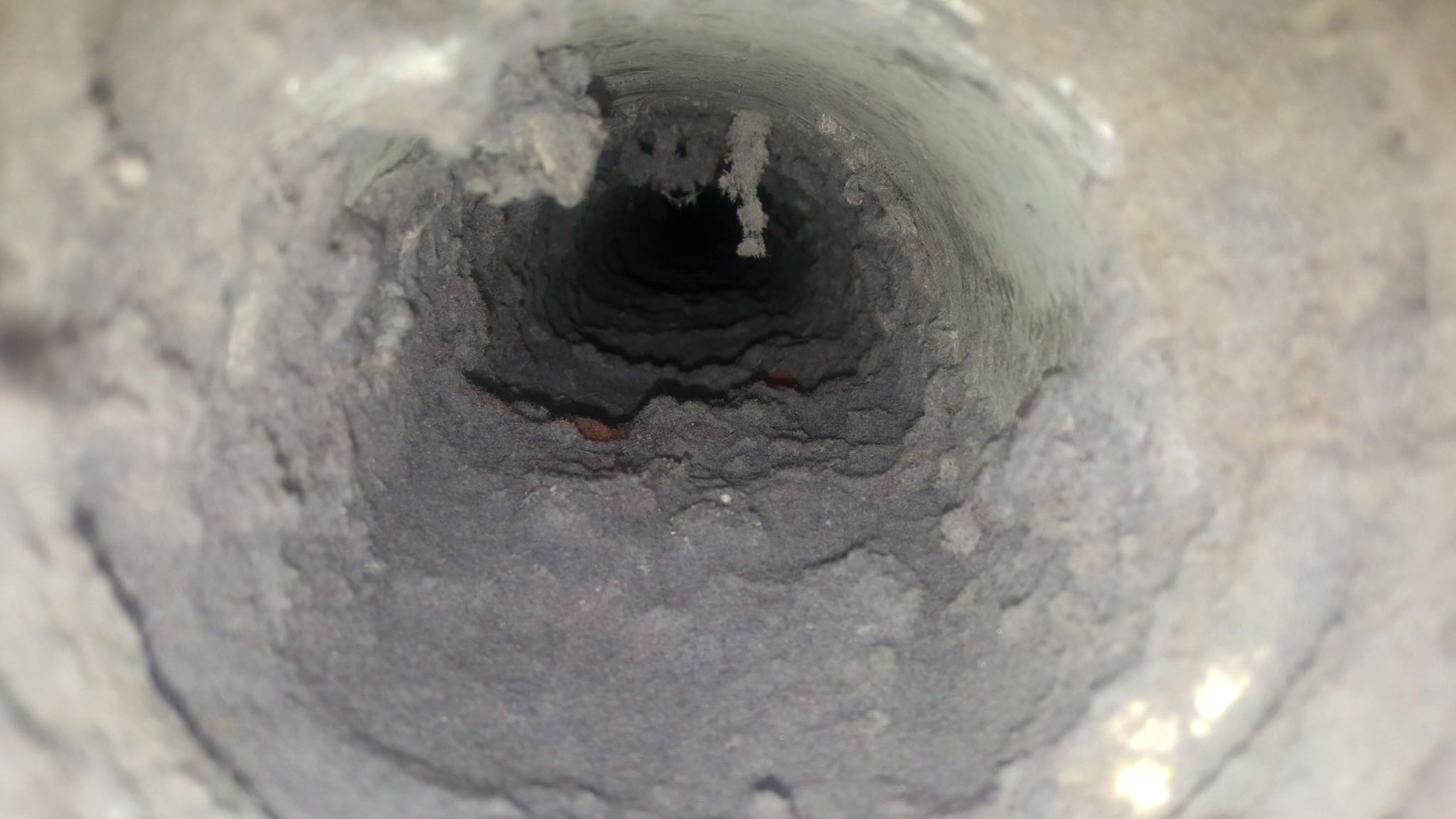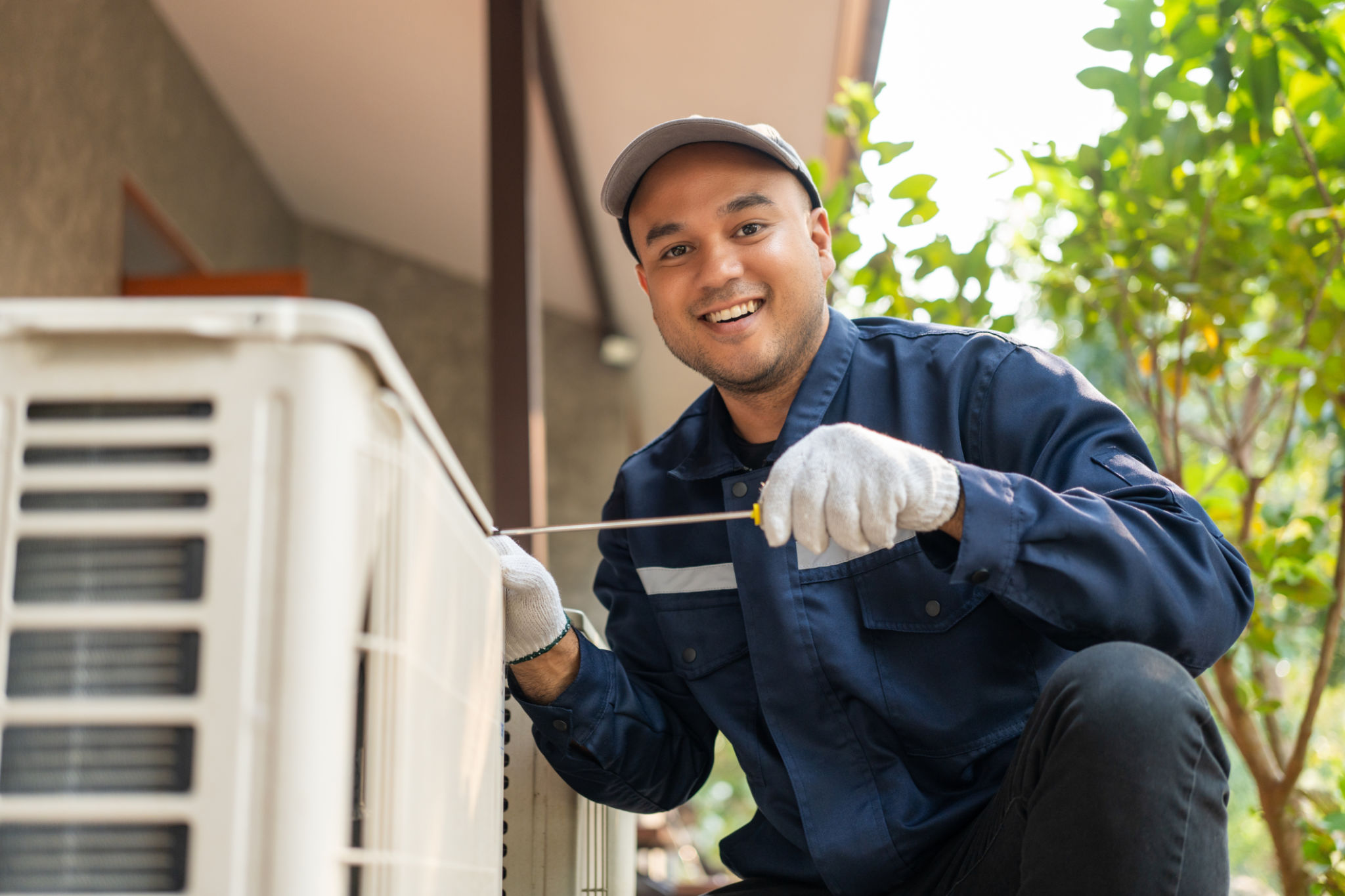How to Troubleshoot Common Air Conditioning Issues at Home
Understanding Your Air Conditioning System
Air conditioning systems are essential for maintaining comfort in our homes, especially during the hot summer months. Understanding the basic components of your AC system can help you troubleshoot common issues. The main parts include the compressor, condenser, evaporator, and refrigerant. Each plays a crucial role in cooling your home effectively.
Regular maintenance can prevent many common problems, but sometimes issues arise that require immediate attention. Here are some steps to help you troubleshoot your air conditioning system at home.

Common Air Conditioning Problems
AC Not Cooling Properly
If your air conditioner is running but not cooling your home effectively, it could be due to several reasons. Check if the thermostat is set to the desired temperature. Ensure that all windows and doors are closed and sealed properly to prevent cool air from escaping. Also, inspect the air filter; a dirty or clogged filter can restrict airflow and reduce cooling efficiency. Cleaning or replacing the filter regularly can significantly improve performance.
Weak Airflow
Weak airflow from your AC vents can be frustrating, especially on a hot day. Start by checking the vents for any obstructions like furniture or curtains that might be blocking airflow. It’s also essential to clean the vents and ducts periodically to prevent buildup of dust and debris, which can impede airflow.

Addressing Unusual Noises
Unusual noises coming from your air conditioner can be indicative of underlying issues. If you hear rattling or banging sounds, it might be due to loose parts or debris caught in the unit. Turn off the AC and inspect for any visible obstructions. Tightening loose screws or removing debris can often resolve these noises.
If you hear hissing or bubbling sounds, it might indicate a refrigerant leak. This issue typically requires professional assistance, as handling refrigerants can be dangerous without proper training and equipment.

Managing Water Leaks
Water leaks around your AC unit are usually a sign of a clogged or disconnected drain line. This line is responsible for removing condensation from the unit. To troubleshoot, locate the drain line and check for any blockages. You can use a wet/dry vacuum to remove clogs or reconnect any loose pipes.
Regularly checking and cleaning the drain line can prevent water damage and mold growth, ensuring your system runs efficiently.
When to Call a Professional
While many air conditioning issues can be resolved with basic troubleshooting, some problems require professional expertise. If your AC continues to malfunction despite your efforts, or if you notice persistent issues like frequent cycling, lack of cooling, or electrical problems, it’s best to contact a licensed HVAC technician.
Regular professional maintenance not only resolves existing issues but also prolongs the lifespan of your system, ensuring reliable performance when you need it most.
